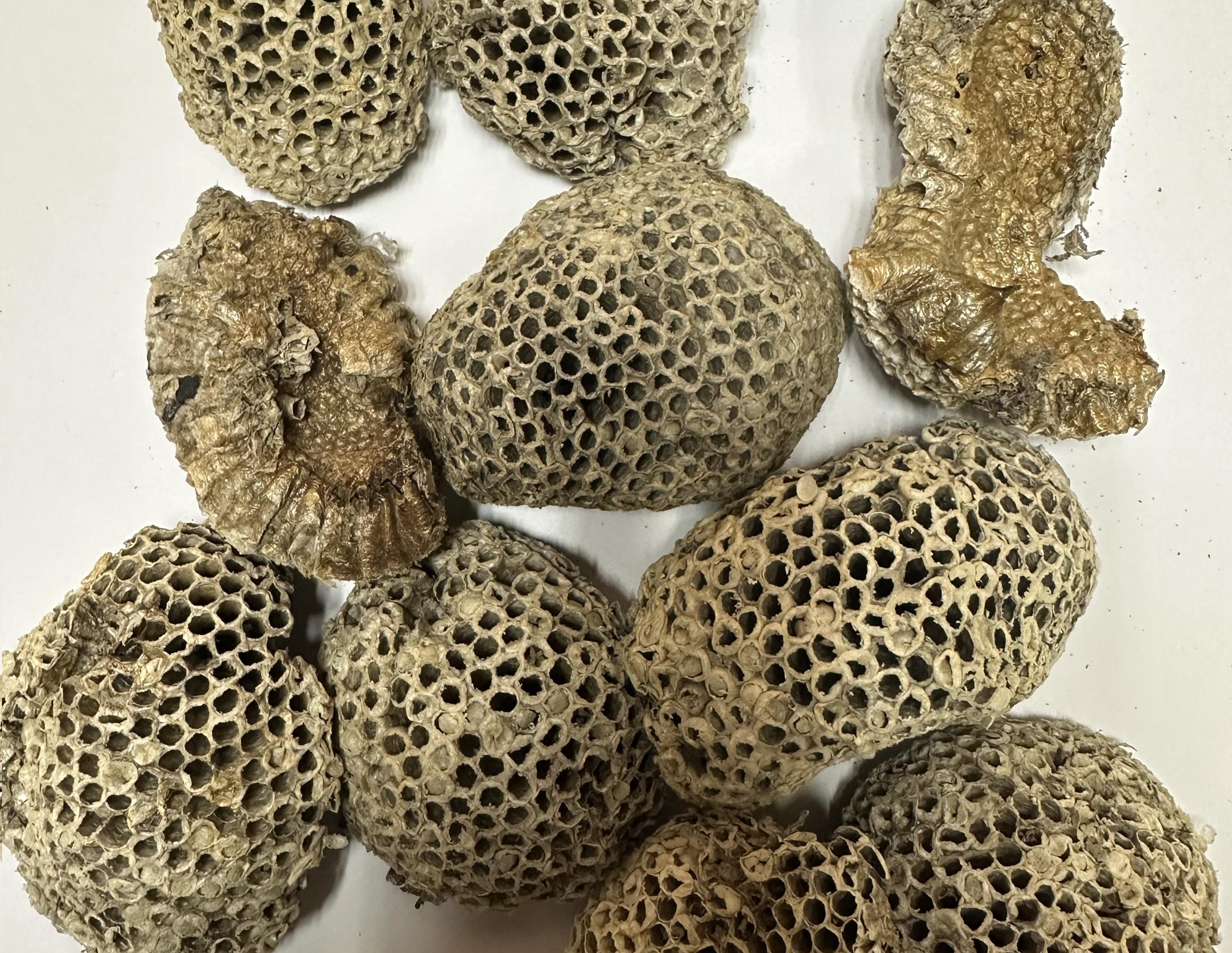Recall of Chinese herbal medicine exceeding limits for aflatoxins (with photo)
******************************************************************************
During the DH's market surveillance, a sample of the above Chm was collected for analysis. Testing results of the sample from the Government Laboratory revealed that each kilogram of the Nidus Vespae sample contained 44 micrograms of aflatoxins and 30mcg of aflatoxin B1, exceeding the limits set out by the Chinese Medicines Board of the CMCHK (each kilogram of the above Chm should not contain more than 10mcg of aflatoxins and 5mcg of aflatoxin B1).
A preliminary investigation indicated that the above batch of Nidus Vespae was imported by Wong Chak Kee Limited from the Mainland. The DH is tracing the distribution of the affected Chm. So far, no adverse reports related to the use of the above Chm have been received. The investigation is ongoing.
Wong Chak Kee Limited has set up a hotline (2858 2168) for public enquiries. The DH will closely monitor the recall.
According to the Chinese Medicine Ordinance (Cap. 549), Nidus Vespae is a Schedule 2 Chm. Nidus Vespae, the honeycomb of Polistes olivaceous (DeGeer), Polistes japonicus Saussure or Parapolybia varia Fabricius, is used to expel toxins, kill worms, dispel wind and relieve pain.
"Aflatoxins are a family of heat-resistant compounds produced by the moulds Aspergillus flavus, Aspergillus parasiticus and related species. Hot and humid conditions and poor storage can contribute to a higher occurrence of moulds and consequently high levels of aflatoxins in contaminated Chm. The DH advises the industry to have strict control on the temperature and humidity of the storage facilities for Chm that is susceptible to mould infestation and members of the public to properly store Chm at a dry and cool place," a spokesman for the DH said.
The spokesman added that the World Health Organization's International Agency for Research on Cancer has classified aflatoxins as carcinogenic to humans. Aflatoxins can lead to liver cancer after long-term ingestion, and the risk for hepatitis B carriers is relatively high. Members of the public may visit the following website of the Chinese Medicine Regulatory Office (CMRO) of the DH for more information on the adverse health effects of aflatoxins and proper storage of Chm:
www.cmro.gov.hk/files/en/useful_information/public_health/pamphlet/Herbal_Medicines_and_Aflatoxin_Eng.pdf
According to section 52 of the Public Health and Municipal Services Ordinance (Cap. 132), selling any drug not of the nature, substance or quality demanded by the purchaser is liable to a maximum penalty of $10,000 and three months' imprisonment. Upon completion of investigation, the DH will work with the Department of Justice on prosecution matters and will also refer the case to the CMCHK for possible disciplinary action.
The DH urged members of the public who have purchased the above affected batch of Chm to stop using it immediately and submit it to the CMRO of the DH on 16/F, AIA Kowloon Tower, Landmark East, 100 How Ming Street, Kwun Tong, during office hours for disposal. Members of the public who have used the above Chm and feel unwell should seek advice from healthcare professionals.
Ends/Wednesday, February 21, 2024
Issued at HKT 19:20
Issued at HKT 19:20
NNNN





